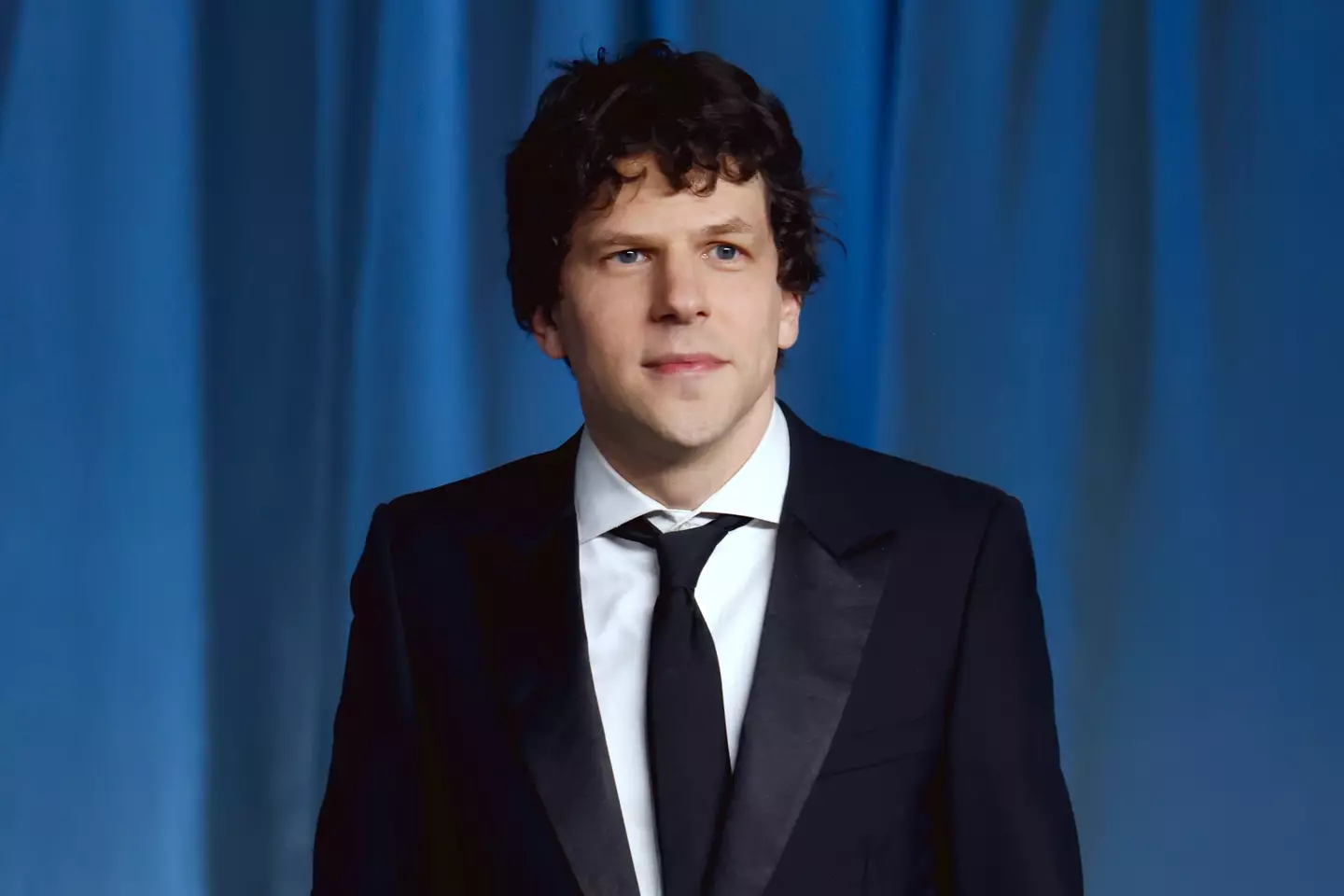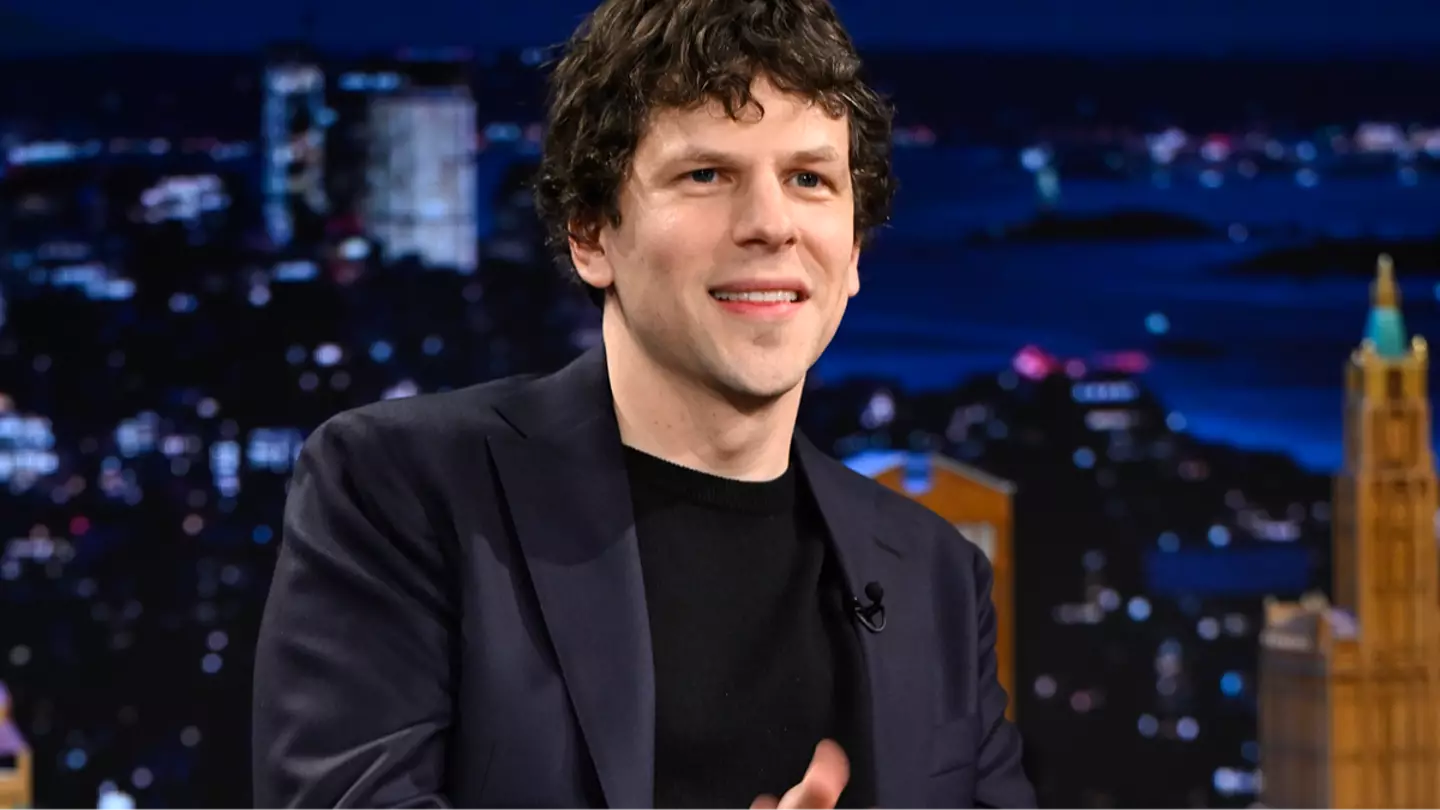Jesse Eisenberg, known for his performances in films such as Now You See Me and The Social Network, has shown that his talents extend beyond acting into acts of generosity. The actor recently announced plans to make a significant charitable gesture by donating a kidney to a stranger.
While many consider a small kindness to be actions like holding a door open or allowing someone to go ahead in line, Eisenberg has decided to take his goodwill a step further. He shared this decision during an appearance on NBC’s Today Show, where he discussed the motivations behind his altruistic choice.
Eisenberg’s journey of generosity began at a blood drive previously hosted by the show, which inspired him to start donating blood regularly. He found the process surprisingly easy and enjoyable.
“I just have so much blood in me, and I feel like I should spill it,” he jested. “I really like doing it, and I don’t know why.”
The actor then surprised viewers by announcing his plan to donate his kidney as an altruistic donor, revealing the surgery is scheduled for six weeks from now.
“I’m actually donating my kidney in six weeks. I really am,” he shared on the show.
Host Craig Melvin expressed his admiration, saying, “That’s amazing!”
Eisenberg responded: “I got, like, bitten by the blood donation bug. I love it.”
The procedure is set for mid-December, and Eisenberg has described it as ‘essentially risk-free.’
In another conversation with Today, he expressed that donating a kidney is an obvious choice for those who have the time and willingness, saying, “I think people will realize that it’s a no-brainer if you have the time and the inclination.”
He explained how the donation process works, using an example: “Let’s say person X needs a kidney in Kansas City, (and) their child or whoever was going to donate to them is, for whatever set of reasons, not a match, but somehow I am.
“That person can still get my kidney, and hopefully that child of that person still donates their kidney, right? But it goes to a bank where that person can find a match recipient, but it only works if there is basically an altruistic donor.”
Eisenberg had first considered this kind of donation a decade ago but did not receive a response from the organization he contacted. More recently, a conversation with a doctor friend led him to NYU Langone Health in New York City.
“I was in the hospital the next day and went through a battery of tests, and I’m now scheduled in mid-December,” he stated.

Currently, about 103,000 individuals in the United States are on the transplant list awaiting an organ, with 90,000 of those needing a kidney. Organs are allocated based on urgency, not a queue, meaning the most critical cases are prioritized.
Through the National Kidney Foundation’s family voucher program, Eisenberg’s family members would gain priority should they need a kidney transplant in the future, thanks to his donation.
He explained: “The way it works now is you can put a list of whoever you would like to be the first to be at the top of the list. So it’s risk-free for my family, as well.”
According to the National Kidney Foundation, around 5,000 living donor kidney transplants occur annually in the US. The surgical procedure usually takes between two to three hours, and most donors can resume normal activities within two to four weeks, allowing Eisenberg to return to his busy schedule by the new year.

